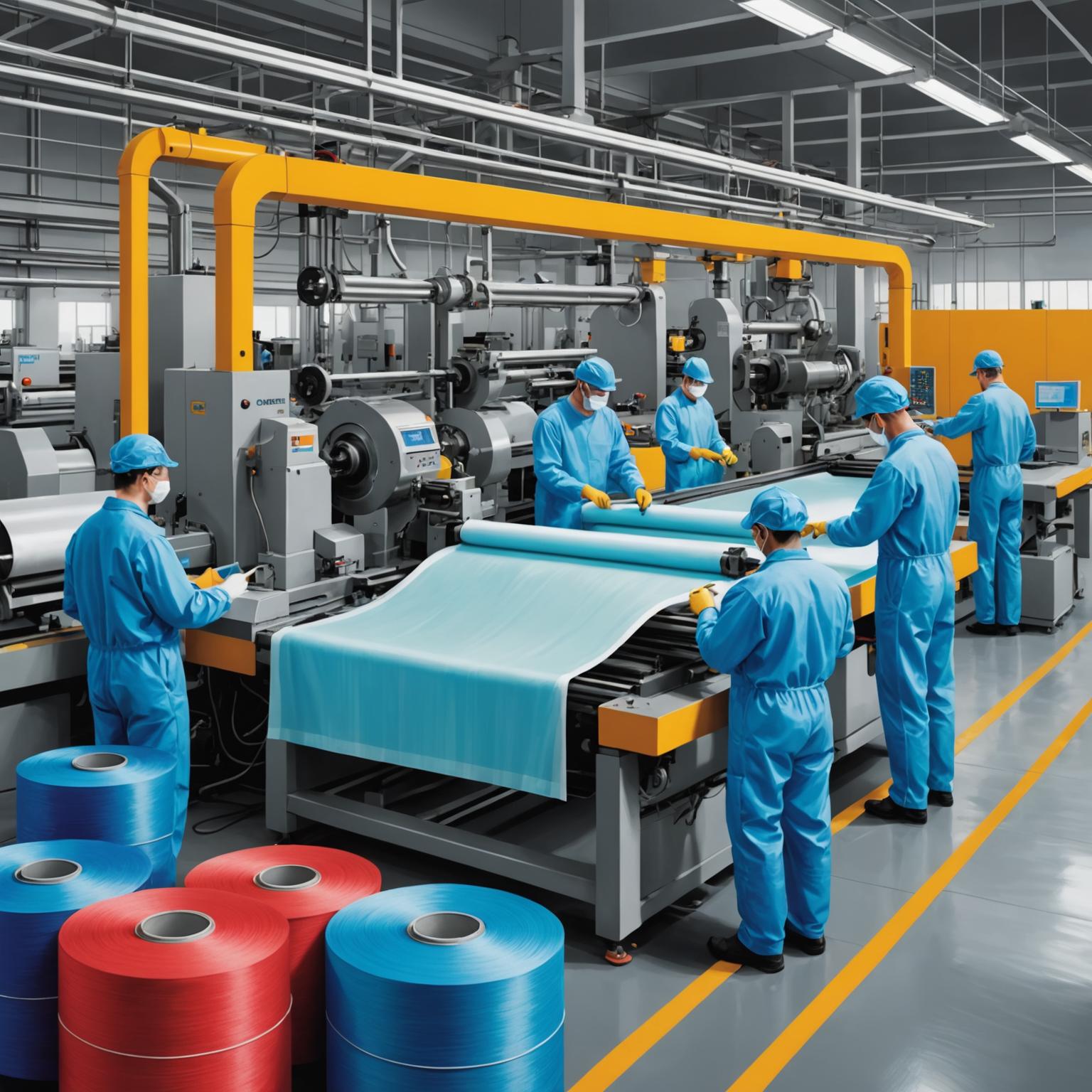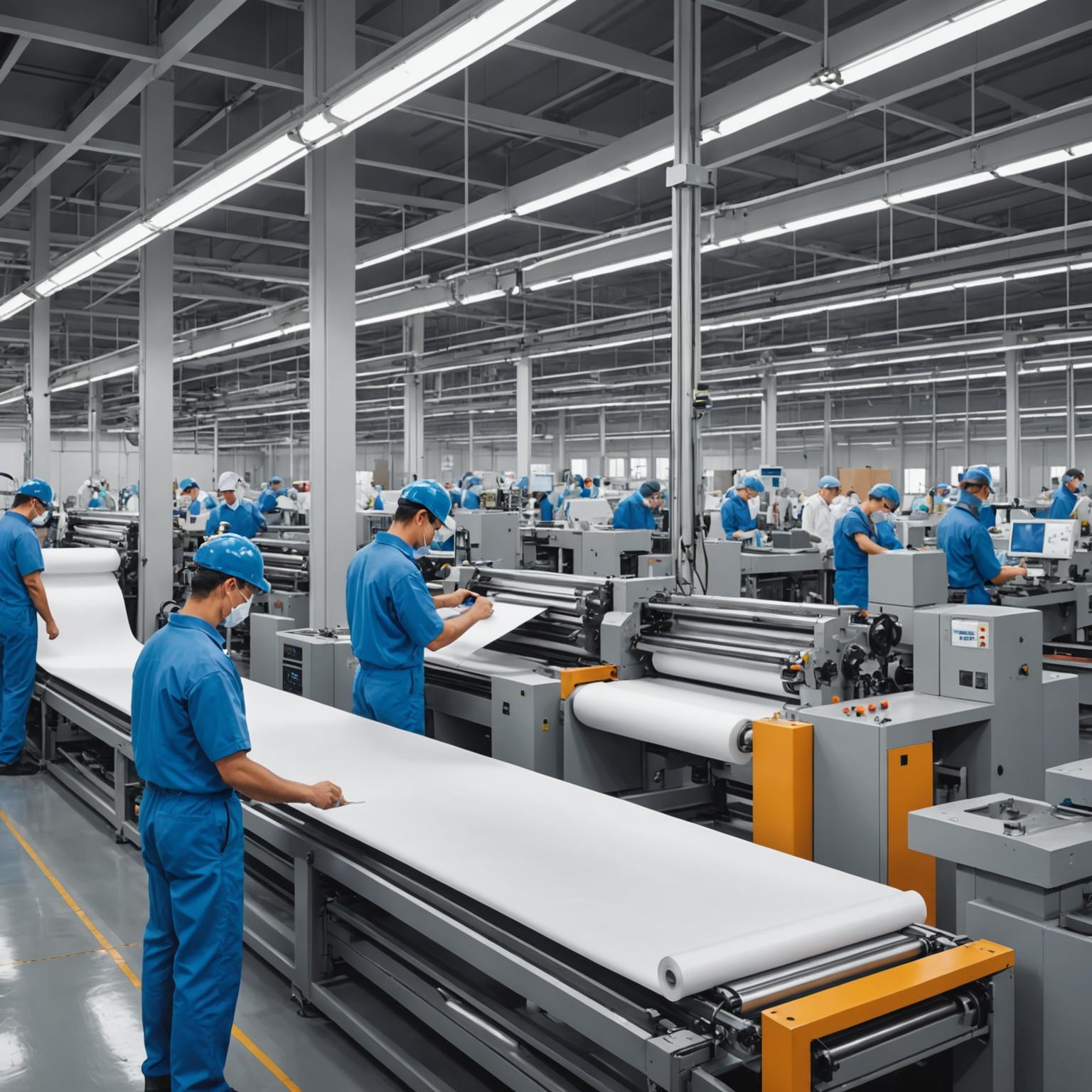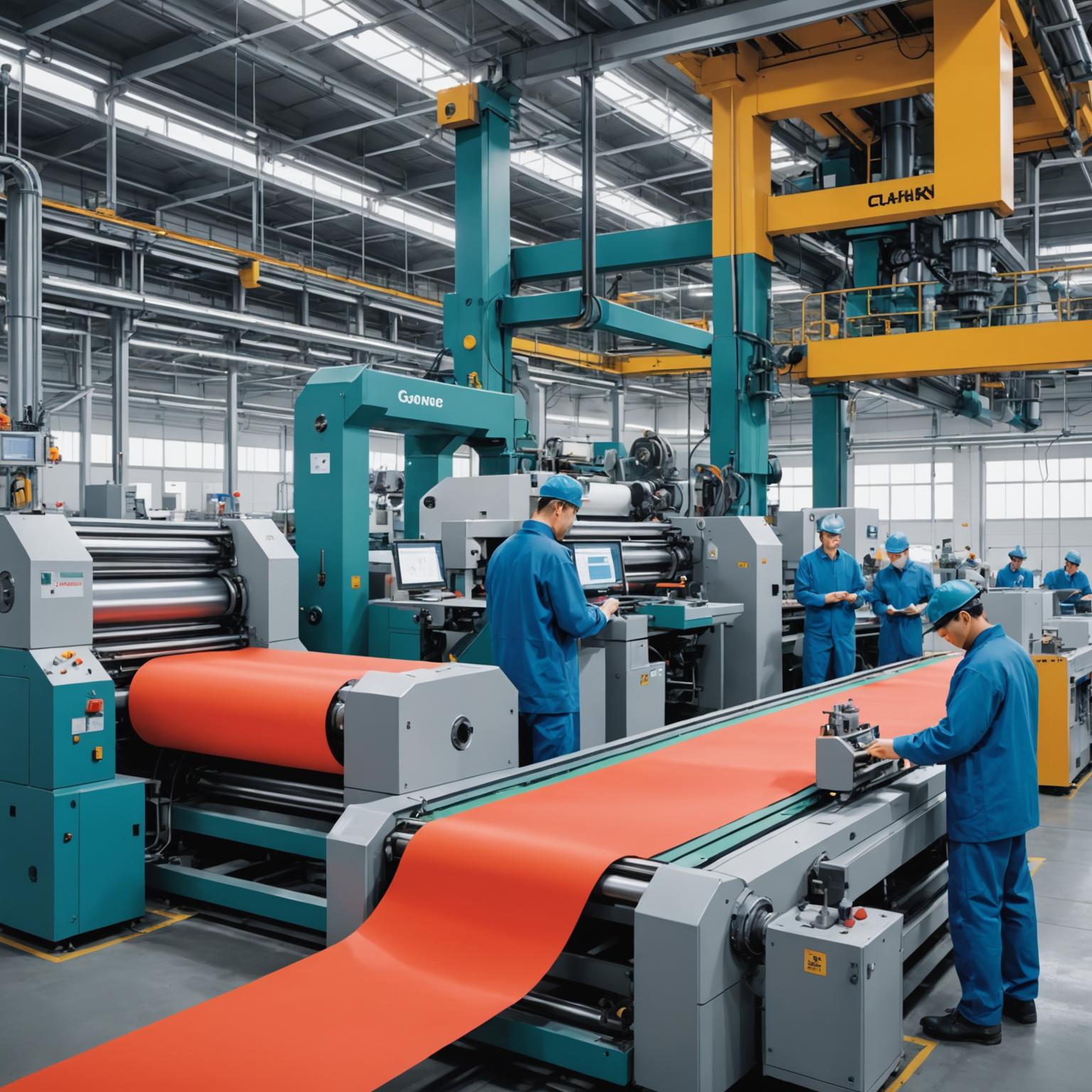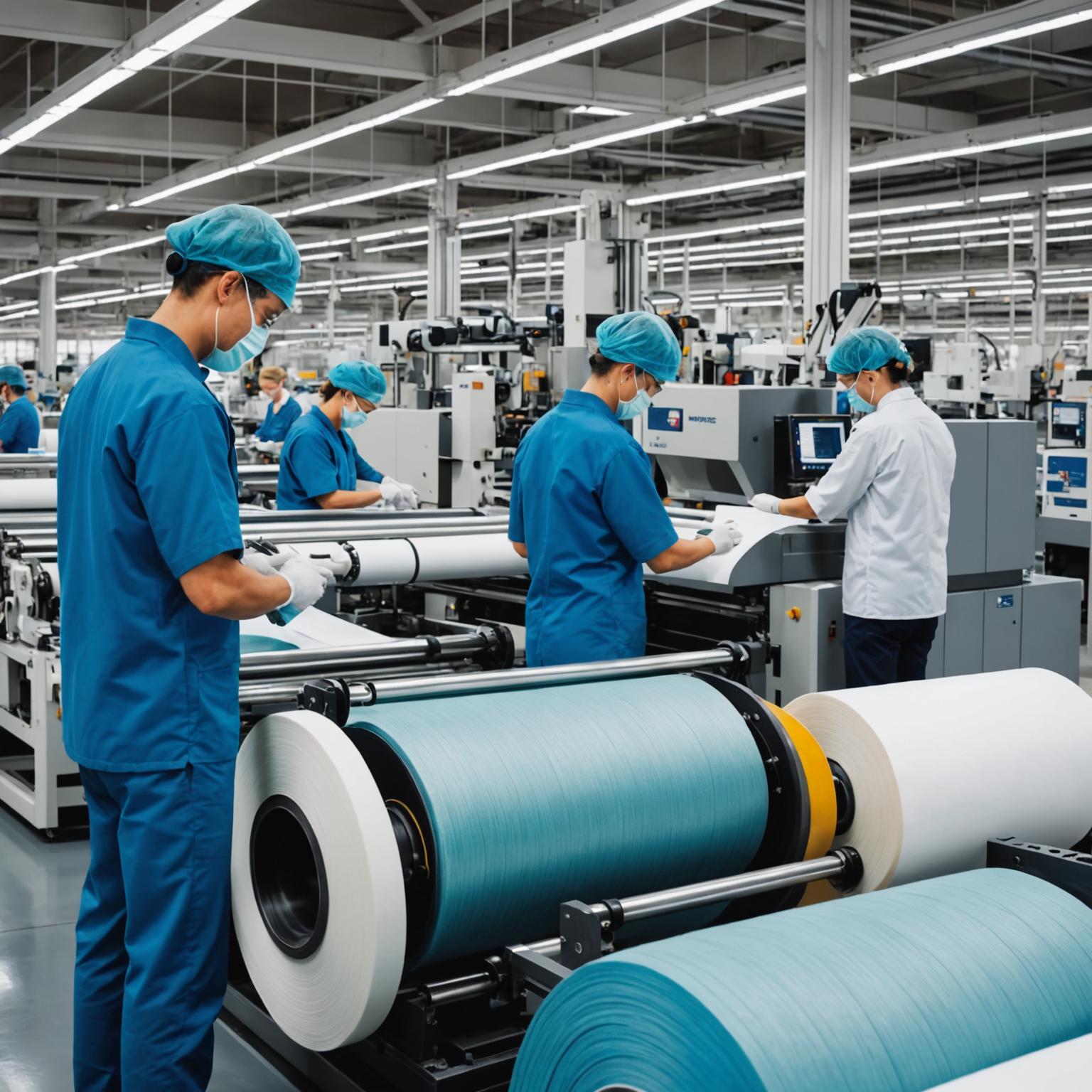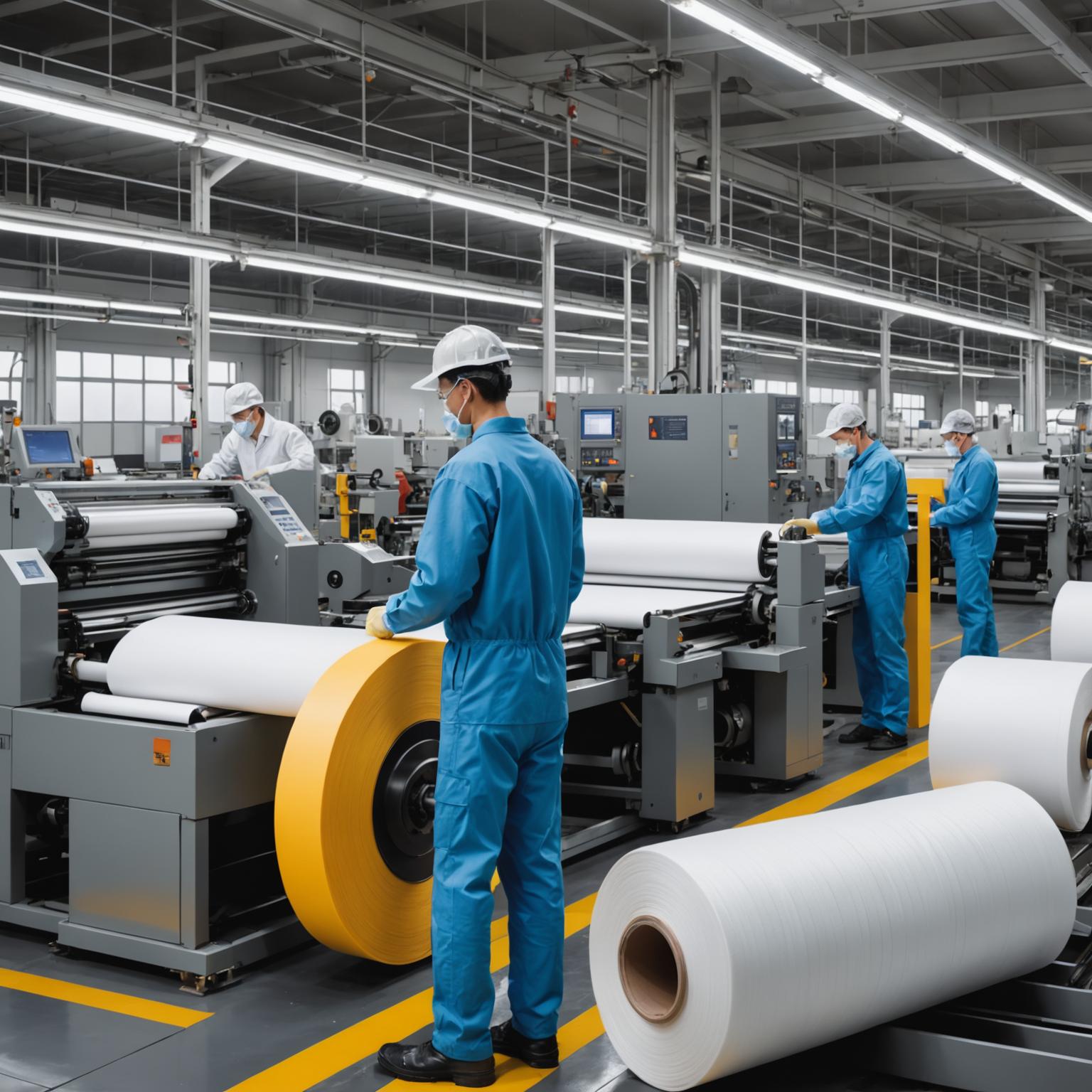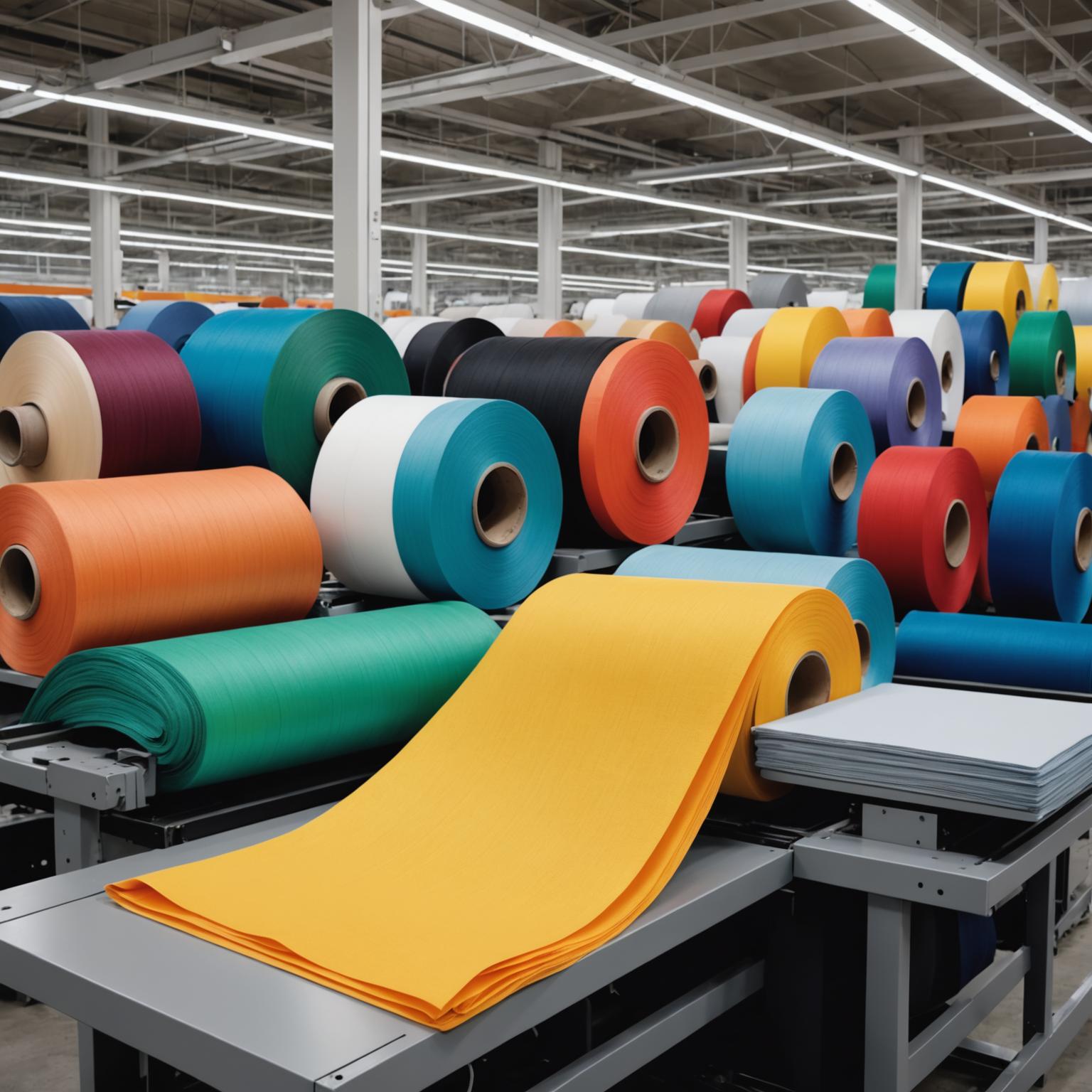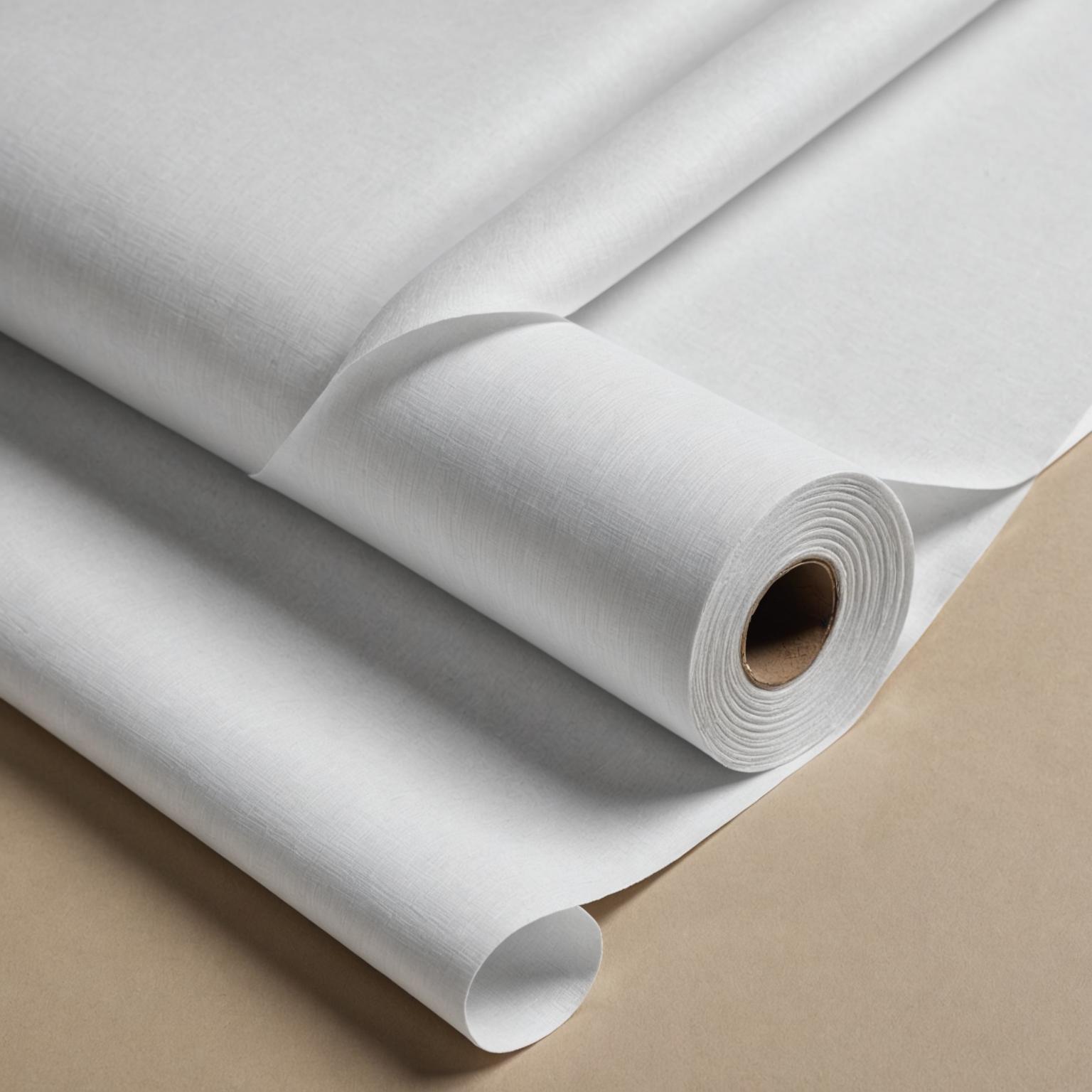
Understanding Non-Woven Fabric Manufacturing
The creation of nylon non-woven fabric is a marvel of modern engineering, representing a significant departure from conventional weaving methods. The non-woven fabric manufacturing process involves arranging nylon filaments into a web and then bonding them together using various techniques, including thermal, chemical, or mechanical processes. This method is not only highly efficient but also allows for precise control over the final material's characteristics, such as porosity, thickness, absorbency, and strength. The resulting fabric is a sheet of material that is seamless, lightweight, and can be tailored to meet specific performance requirements, making it a highly sought-after material for specialized applications.
The Durability and Versatility of Synthetic Non-Woven Fabric
One of the primary reasons for the widespread adoption of nylon in these applications is its exceptional strength and resilience, making it one of the most durable non-woven materials available today. As a leading synthetic non-woven fabric, nylon offers superior resistance to abrasion, chemicals, and heat. It can withstand significant wear and tear without losing its structural integrity, a crucial attribute for products like industrial filters, protective apparel, and automotive components. Furthermore, its inherent lightweight nature does not compromise on strength, allowing for the production of materials that are both easy to handle and robust enough for heavy-duty use. This blend of durability and functionality ensures nylon remains a top choice for engineers and product designers.
Exploring Diverse Nylon Fabric Applications
The unique combination of strength, light weight, and adaptability opens up a vast range of nylon fabric applications across numerous sectors. In the medical field, nylon non-woven fabric is essential for creating sterile, single-use products like surgical gowns, face masks, and drapes that offer excellent barrier protection. In the consumer market, its softness and absorbency make it ideal for hygiene products such as diapers and wipes. The material's durability is also leveraged in home furnishings for upholstery and in agriculture for protective crop covers. Even the fashion industry utilizes its unique properties for garment linings and activewear, showcasing its incredible versatility.
Finding Reliable Non-Woven Fabric Suppliers
The integrity of any final product begins with the quality of its raw materials, making the selection of dependable non-woven fabric suppliers a critical business decision. A reliable supplier ensures consistency in material quality, which is vital for maintaining product performance and brand reputation. Leading suppliers are also at the forefront of innovation, offering advanced materials like hollow conjugated siliconized fibers or developing more sustainable manufacturing practices to meet a growing demand for eco-conscious products. When sourcing materials, it is important to partner with suppliers who can provide not just a product, but also technical expertise and a stable supply chain to support your production goals and drive innovation forward.



